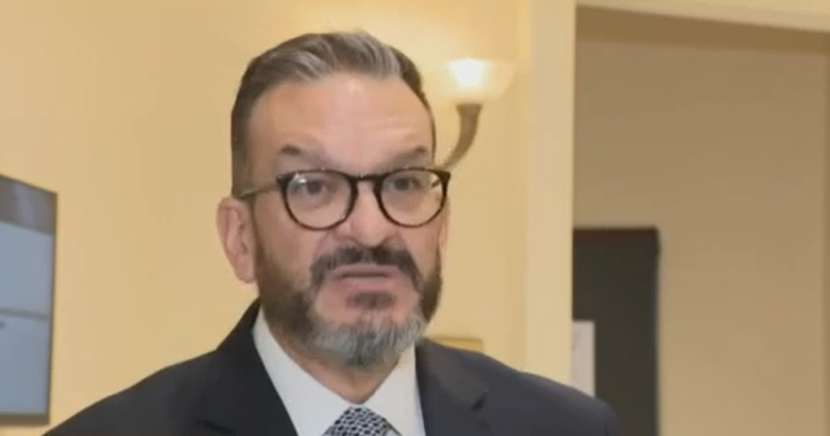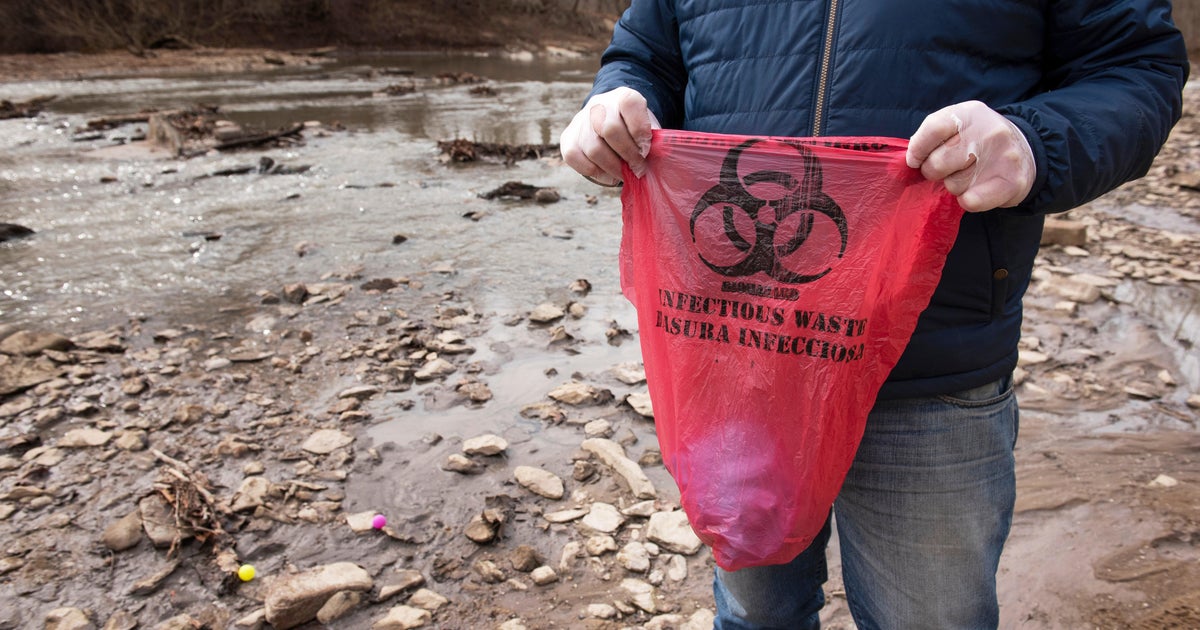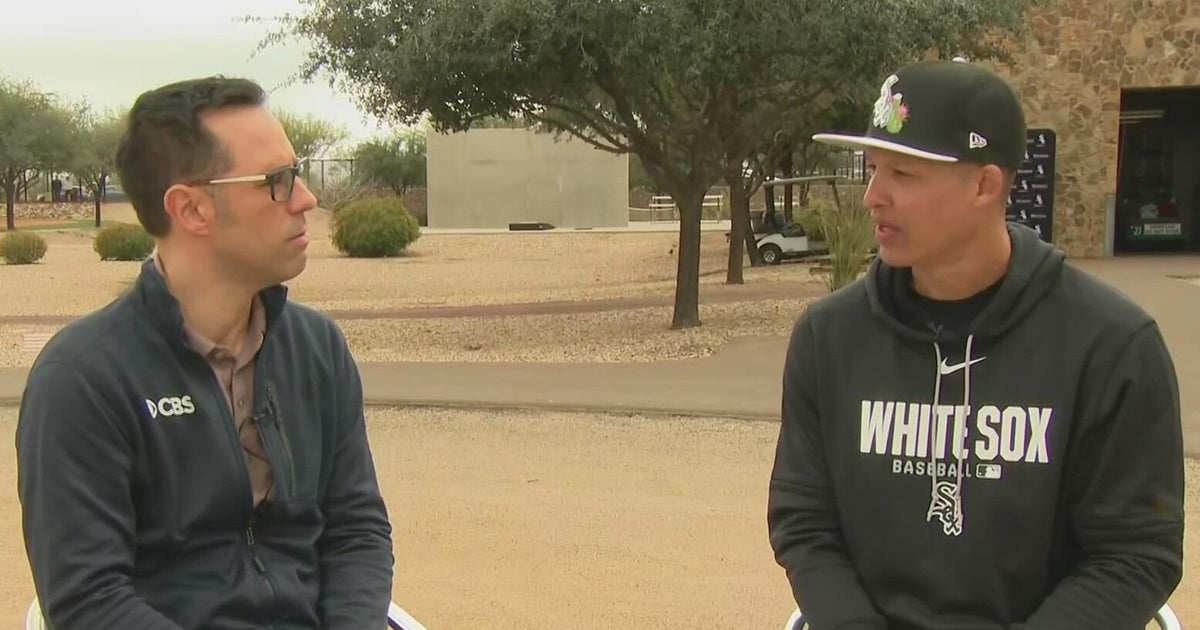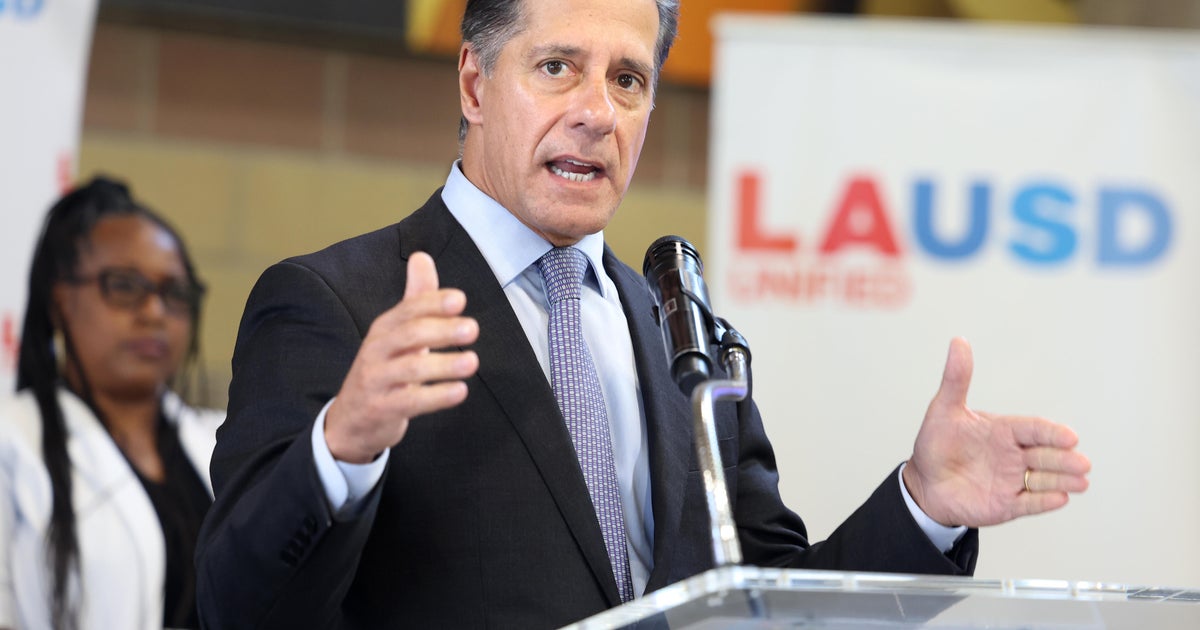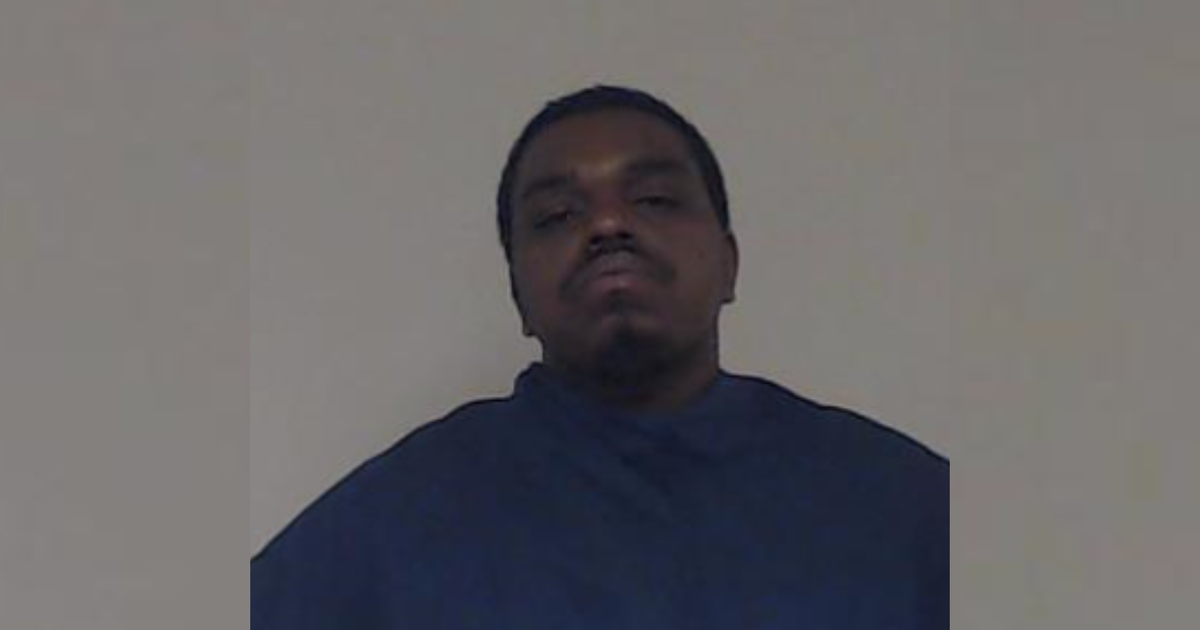Maryland To Review Schools' Zero-Tolerance Policy
BALTIMORE (WJZ) -- There is a widespread warning for Maryland schools. The state wants to review its "zero-tolerance" discipline policy in schools statewide.
Gigi Barnett explains the move comes after a Virginia teen committed suicide, possibly because of the rule.
In January, 15-year-old Nick Stuban took his life. His parents believe a recent suspension from his Fairfax County high school may have sparked the suicide.
School leaders transferred Stuban to another school after he was caught buying one capsule of a legal pill that acts like marijuana.
Although it was his first offense and the drug is legal, the district's zero-tolerance policy forced school leaders to get rid of Stuban.
Ten days later the distraught teen killed him and some groups want zero-tolerance gone.
"It's gotten too punitive. It's gotten too criminal in its orientation, and not enough therapeutic and teaching and helping these kids mature," said John Farrell, Zero-Tolerance Reform.
Now parents are coming together to make sure what happened to Stuban doesn't happen in Maryland.
State school leader Dr. Nancy Grasmick wants all of Maryland's 24 school districts to review their discipline policy.
"We have to be smarter about how we are evaluating situations, evaluating kids and we don't believe knee-jerk reactions," said Sonja Brookins-Santelises, Baltimore City Schools.
Most Maryland schools consider suspension when a student's actions interfere with safe learning, but suspension is almost a sure thing when a student is involved in arson, a physical attack, or sexual assault. If a student is caught with a firearm or weapon, they could face expulsion.
For most Maryland schools, discipline is dished on a case-by-case basis.
Virginia state school leaders say their hands are tied when it comes to suspensions, especially in cases that involve weapons or drugs on campus. Under that state's law, school leaders are required to suspend a student.
Opponents of zero-tolerance say the discipline rule violates students' due process.

